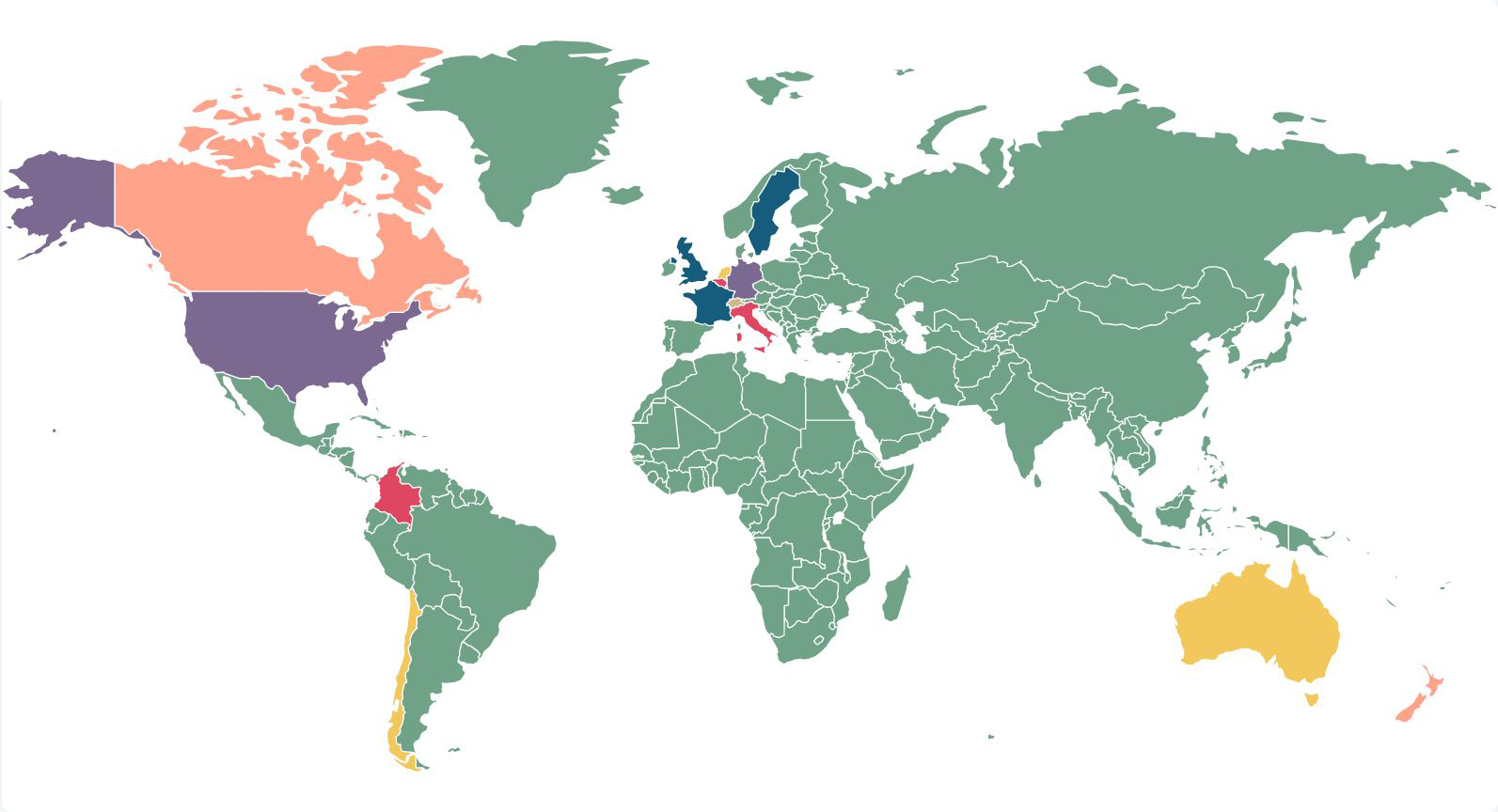The National Institute for Health and Care Excellence (NICE) will continue to be faced with more cost-benefit assessments regarding innovative drugs, following the recent rejection of Lecanemab for use on the NHS. In August 2024, the Medicines and Healthcare products Regulatory Agency approved a product licence for Lecanemab for use in slowing disease progression in the early stages of Alzheimer's disease, after a thorough review of the benefits and risks. Subsequently, NICE ruled out offering the drug on the NHS, finding that the benefits were not of sufficient value to the taxpayer to justify the significant cost of making such drugs readily available on the NHS. In this instance, NICE estimated about 70,000 adults in England would have been eligible for treatment with Lecanemab were it approved. The rejection of its use on the NHS means only a small number of patients will likely access the drug in the UK, and will need to do so privately.
Informed Insurance
Informed Insurance

Scenario planning in 2025 - In the grip of uncertainty
We are now all operating outside the previous boundaries of our experience, buffeted by forces we cannot predict, let alone control or influence. I...

The ESG "backlash": How to balance competing demands
Climate change and social issues have, for (at least) the last decade, occupied legislative, regulatory and shareholder thinking, with implications...

Developments in climate change litigation: 2025 could herald an expansion in types of claim and remedies
To accompany the fourth edition of our interactive climate change litigation map, we take a deeper dive into the implications of the key decisions ...

Our Top Five Economic predictions for 2025
To highlight our new economic theme on Informed Insurance, Charlotte Shakespeare, Legal Director and editor of our Predictions for 2025, shares her...

Our Top Five ESG predictions for 2025
In our ongoing #DACBCrystalBall series, Charlotte Shakespeare, Legal Director and editor of our Predictions for 2025, shares her Top Five ESG predi...

Predictions 2024 – Charlotte Shakespeare's Top Ten
In our ongoing #DACrystalBall series, Charlotte Shakespeare, Legal Director and editor of our Predictions for 2024, once again shares her Top Ten p...